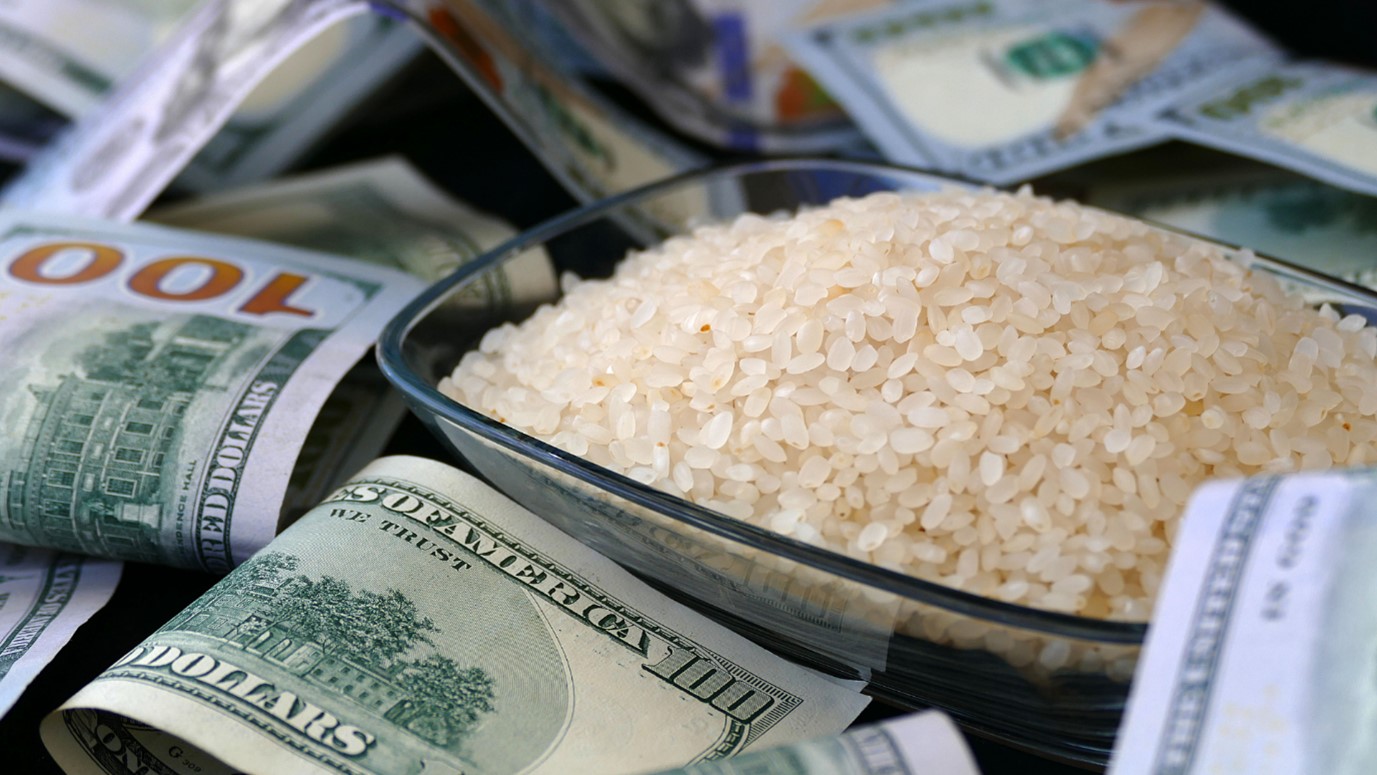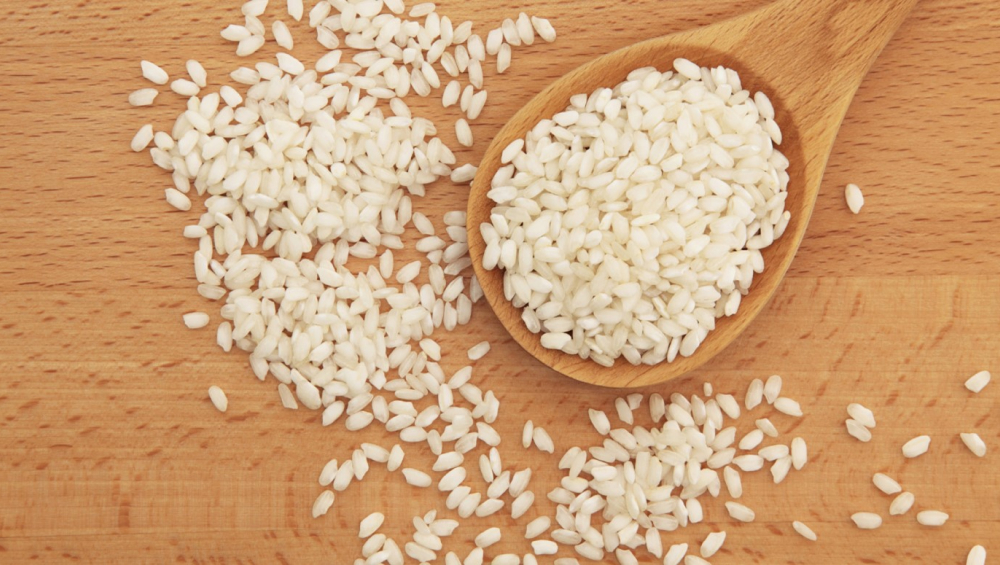About Rough Rice Futures
Rice is a staple food for most countries, and it accounts for the diet of more than half of the world’s population. While it is easy to assume that global population increasing drastically will lead to more consumption, the truth is quite contrary. Recent global per capita consumption has demonstrated a flat to downward trend from developing countries diversifying their diets.
From the derivatives and financial front, Rough Rice Futures are mainly traded on the Chicago Mercantile Exchange/Chicago Board of Trade (CME/CBOT) and the Minneapolis Grain Exchange (MGEX). Prior to this, the Kansas City Board of Trade was also a futures provider for rough rice, but it has been acquired by the CME group since 2012.
To understand more about rice futures, this article will cover the supply and demand factors of the product, as well as global policies and factors that are likely to affect its price.
Rough Rice Futures Contract
The Rough Rice Futures Contract follows the same standards as established by the United States Department of Agriculture (USDA) and regulations from Chicago Mercantile Exchange (CME). Based on these regulations, Rough Rice shall have a milling yield of no less than 65%, including not less than 48% head rice. Each percent of head rice over or below 55% shall receive a premium or discount, respectively, from the settlement price for long grain Rough Rice and each percent of broken rice over or below 15% shall receive a premium or discount, respectively.
The rough rice futures contract has the following specifications:
The Rough Rice Futures Contract has a minimum price fluctuation of ½ cent per cwt. (0.005) = $10.00 and contract unit of 2,000 hundredweights (cwt) (~91 Metric Tons).
The last delivery date is the seventh business day following the last trading day of the month.
Contract months are monthly contracts on Jan, Mar, May, Jul, Sep and Nov which is listed for 7 months.
Trading Hours are from Monday to Friday, at these trading hours:
CME Globex:
Sunday – Thurs, 7:00p.m – 1:20p.m CT
Monday – Friday, 8:30a.m- 1:20pm CT
CME Clearport
Sunday -Friday, 5:00pm – 545p.m CT with no reporting Monday-Thursday from 5:45p.m – 6:00p.m CT.
Rough Rice Futures Contract Symbol: ZR

What’s the Price of Rice
Based on USDA forecasts, the price of rough rice for the 2022/23 season-average farm-price (SAFP) forecast for long-grain rice was raised 20 cents to $16.90 per cwt, the highest on record.
From the Food and Agricultural Organization of the United Nations, the FAO All Rice Price Index averaged 121.2 points in March 2023, down 3.2 percent from February, but still 17.6 percent above its year-earlier level.
Why are Rice Prices Rising
Ukraine and Russian Produce
Rice prices have risen from mid-2022 and remains at a high level in 2023 due to geopolitical events. Firstly, Ukraine and Russia are major exporters of wheat and commodity products. With ongoing conflicts, Western sanctions on Russia have greatly impeded Russia’s willingness to trade in volumes as well as to bear additional shipping costs.
While that impact was more significant in 2022, 2023 saw an ease in concerns over shortages as some routes such as Ukrainian producers adjusted and shipped more of their crops westwards over land and river.
Elsewhere, farmprogress reports that U.S rice shipments to Mexico have been declining by about 100,000 metric tons per year over the last two-and-a half years, according to Dwight Roberts, senior advisor to the U.S. Rice Producers Association.
CBOT
Similarly, CME/ CBOT reports that the second largest recipient of U.S rice had also exhibited a slower-than-expected pace of rice purchase from the U.S in 2022 due to its political instability. From the supply side, the Mississippi river water level sunk to record levels causing shipment disruptions and significant decrease in transport. The exchange anticipates global rice consumption to rise by 1.1% annually to 2031. As of date, transport disruptions and weather hinders supply exports and sales.
Economy
Subsequently, economical conditions have also contributed to price increases. Commodity products such as oil and gas prices are high, which in turn affect farming equipment costs and its usage. In total, Euromonitor reports that global inflation is forecast to reach 6.5% in 2023 and then fall to 4.5% in 2024.
Weather
In the 2nd quarter of 2023 and beyond, weather conditions remain a component to be considered as extreme and unpredictable weather events could also come into play to result in high rice prices.
Others
From India, it was reported in September 22 that there would be an export tax of 20% on several varieties of rice. For the country, July and August are the sowing seasons of the year and upcoming rainfall leading up to the months are likely to affect yields.
India has just issued an order to ban all exporting of non-basmati white rice on 20th June 2023.
India’s role as the world’s largest exporter of rice, with over 40% of global rice exports, is significant in the global food market. The decision to halt rice exports may lead to potential concerns for exporters with low inventories. It could potentially result in further inflation of food prices.
Start Trading With Orient Futures Singapore
Being an Overseas Intermediary of Shanghai International Energy Exchange (INE), Dalian Commodity Exchange (DCE), and Zhengzhou Commodity Exchange (ZCE), when foreign clients participate in internationalised futures contracts in these Chinese markets with us, they have direct access to trading, clearing, and settlement. Our parent company, Shanghai Orient Futures, is the largest broker in terms of aggregated volume across the five regulated exchanges in China.
Orient Futures Singapore also currently holds memberships at the Singapore Exchange (SGX), Asia Pacific Exchange (APEX), and ICE Futures Singapore (ICE SG).
We provide premium customer service at an affordable cost to all our clients. Our team will be there for you 24 hours on trading days to provide a one-stop portal for all your trades, with simple processes and an intuitive user interface that has low or near-to-zero latency.



